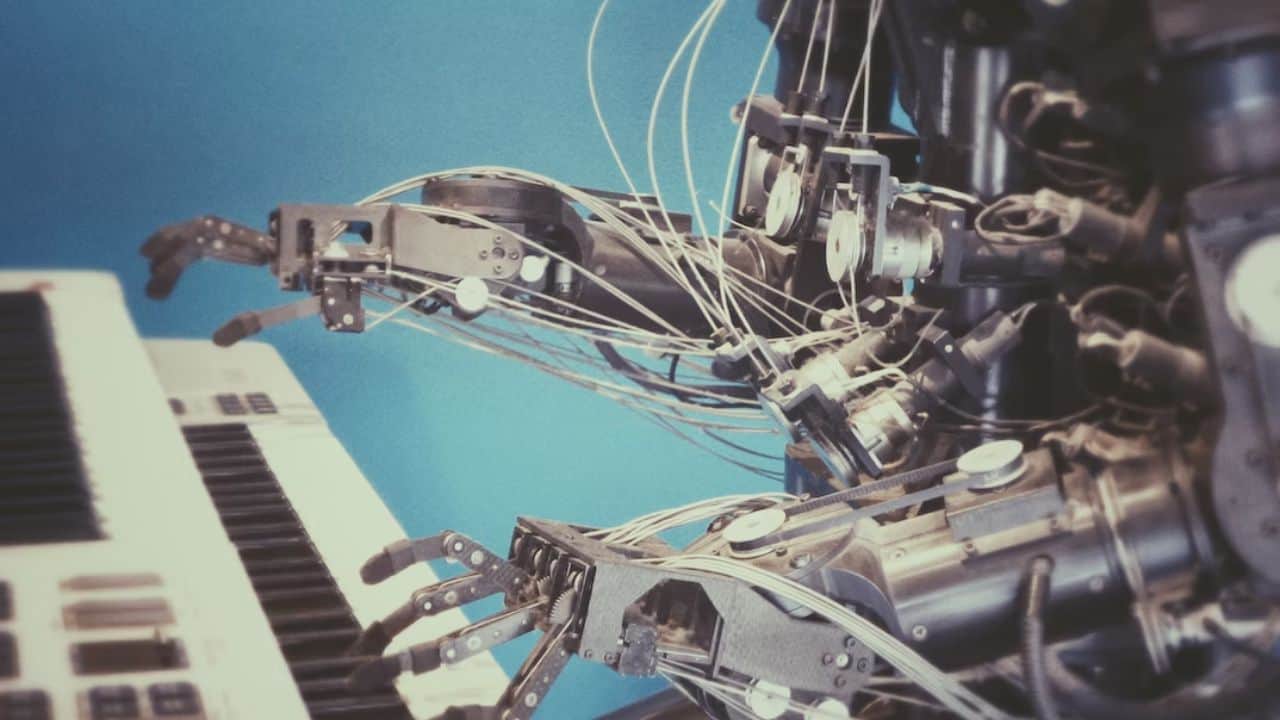

Sting Voices Concern Over AI Generated Songs
Sting, the renowned musician and former frontman of The Police, has issued a warning about the growing presence of artificial intelligence (AI) in the music industry. As he accepted a prestigious music prize, Sting highlighted the need for musicians to defend their work against the rise of AI-generated songs.
In an interview with the BBC, Sting emphasized that music is a product of human creativity, and the building blocks of music inherently belong to human beings. He expressed concern about the potential battle musicians will face in the coming years to protect their artistic contributions from AI.
| Best Mastering Plugins in 2023 for Music Producers & Audio Engineers – Click here to checkout
The concern raised by Sting comes in light of recent instances where AI has been used to clone famous artists’ vocals. For example, DJ David Guetta utilized AI technology to incorporate Eminem’s “voice” into one of his tracks. Additionally, a simulated duet between Drake and The Weeknd gained popularity in April before being removed from streaming platforms due to a copyright complaint from Universal Music Group.
Sting likened AI-generated music to computer-generated imagery (CGI) in movies, expressing his lack of enthusiasm for such creations. While he acknowledged the potential relevance of AI in the context of electronic dance music, he doubted its ability to evoke genuine emotions in songs.
The recording industry has swiftly responded to the emergence of AI in music creation by launching the “Human Artistry Campaign.” This initiative aims to raise awareness about the violation of copyright by AI companies that train their software on commercially-released music. The debate over whether AI-written music can be copyrighted is ongoing, with contrasting positions between different jurisdictions. While English copyright law theoretically allows protection for works generated by AI, the US Copyright Office recently ruled that AI art, including music, cannot be copyrighted as it lacks human authorship.
Not everyone in the music industry shares Sting’s concerns about AI. Neil Tennant, the frontman of Pet Shop Boys, has suggested that AI could serve as a tool to help musicians overcome creative blocks. Tennant mentioned the possibility of feeding existing song fragments into AI systems, allowing them to generate additional content that artists could then refine and rewrite.
Sting partially agreed with Tennant’s perspective, recognizing the potential usefulness of AI tools in music creation. However, he stressed the importance of musicians being in control and leading the way, cautioning against allowing machines to take over the creative process. Sting’s sentiments highlight the need for a balanced approach to AI in music, where technology serves as a tool rather than overshadowing human artistry.
As the music industry grapples with the increasing presence of AI, it must strike a delicate balance between harnessing the potential benefits of technology and preserving the essence of human creativity. While AI can offer assistance in various creative endeavors, artists and industry stakeholders must remain vigilant in protecting their intellectual property and ensuring that technology complements, rather than replaces, the unique expressions of human emotion and imagination.
Information Credits: BBC
Image credits: Possessed Photography on Unsplash


- Arodes cover Interview
- Armin van Buuren: Breathing In [Exclusive Interview]
- Ibiza 2024: What To Expect
- Burak Yeter: A Day In Space [Exclusive]

